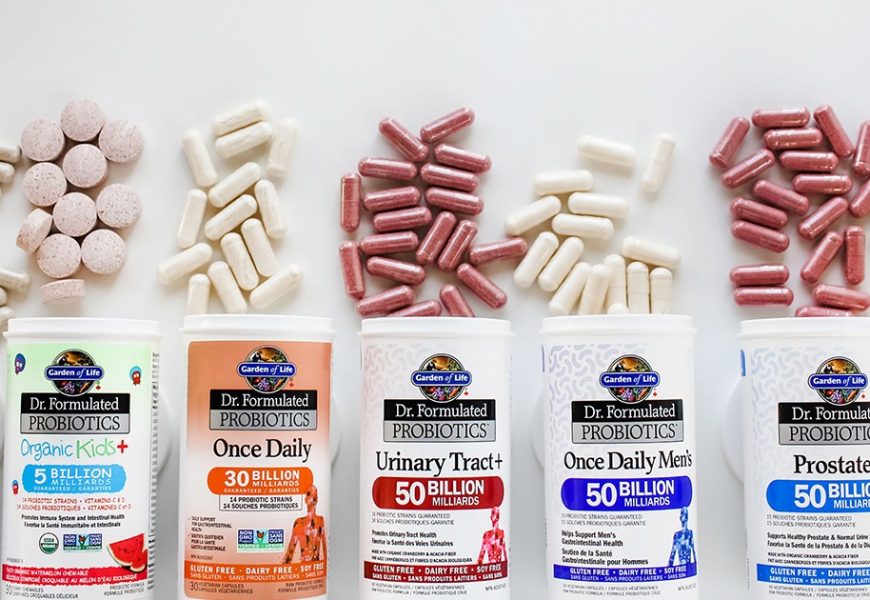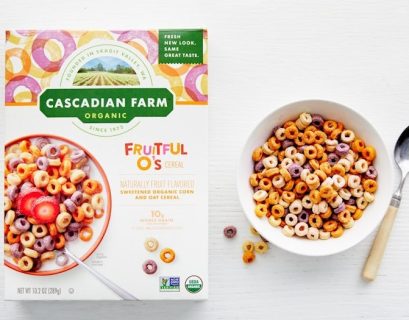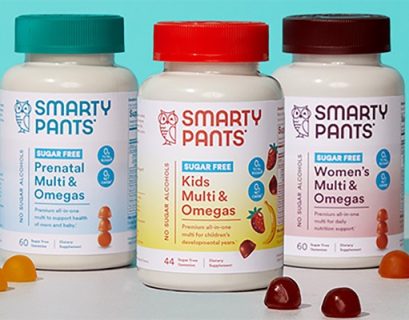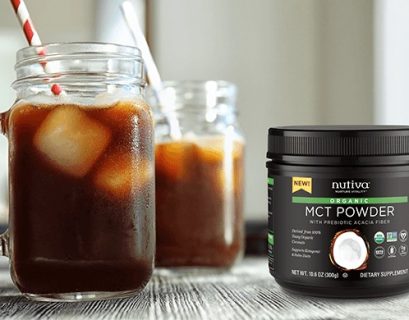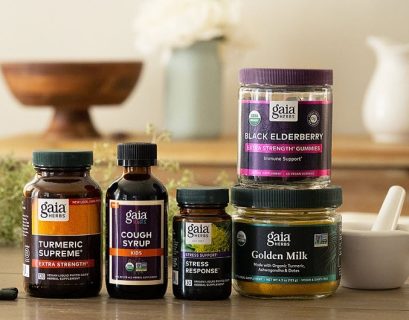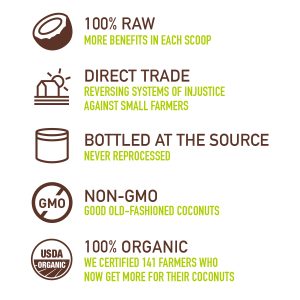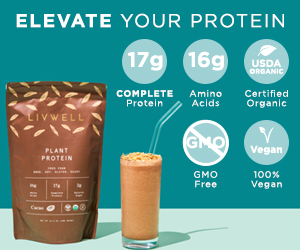In the vast landscape of health and wellness brands, Garden of Life stands as a verdant oasis, rooted in a commitment to organic purity and holistic well-being. Established with the vision of providing supplements that nourish the body and mind, the brand has blossomed into a trusted name in the health industry. This comprehensive review delves into the origins, product offerings, sustainable practices, and overall consumer experience of Garden of Life.
Sowing the Seeds of Wellness:
Garden of Life was founded in 2000 by Jordan Rubin, a health advocate who overcame personal health challenges through nutritional and lifestyle changes. The brand emerged from Rubin’s journey, reflecting a passion for organic, whole-food supplements. Garden of Life positions itself as more than a supplement manufacturer; it is a catalyst for empowering individuals to take control of their health and vitality.
Product Offerings:
Garden of Life’s product line is a diverse garden of organic supplements, ranging from multivitamins to protein powders and probiotics. The brand’s formulations prioritize clean, whole-food ingredients to provide a comprehensive approach to health. Here’s an overview of some key offerings:
1. Multivitamins:
Garden of Life’s multivitamins is a cornerstone of its product line. Formulated with a blend of organic fruits and vegetables, these supplements aim to fill nutritional gaps and support overall health. The brand recognizes that the synergy of whole-food nutrients offers optimal benefits for the body.
2. Protein Powders:
Catering to various dietary preferences, Garden of Life offers a range of protein powders, including organic plant-based options. These protein blends utilize ingredients like pea protein, sprouted grains, and seeds to provide a rich source of essential amino acids for muscle support and overall well-being.
3. Probiotics:
Garden of Life’s probiotics are designed to promote digestive health and immune support. Formulated with clinically studied strains, these supplements aim to maintain a healthy balance of gut microbiota, recognizing the pivotal role of gut health in overall wellness.
4. Omega-3 Supplements:
The brand’s omega-3 supplements, sourced from sustainably caught fish or plant-based algae, provide essential fatty acids to support heart and brain health. Garden of Life emphasizes the purity and traceability of its omega-3 sources.
5. Collagen Peptides:
Recognizing the importance of collagen in skin, joint, and bone health, Garden of Life offers collagen peptides sourced from grass-fed, pasture-raised cows. These supplements aim to provide support for connective tissues and promote overall vitality.
Sustainable Practices:
1. Organic and Non-GMO Commitment:
Garden of Life places a strong emphasis on organic farming practices. Many of its products are Certified USDA Organic and carry the Non-GMO Project Verification, ensuring that ingredients are free from synthetic pesticides, herbicides, and genetically modified organisms (GMOs).
2. Regenerative Agriculture:
The brand supports regenerative agricultural practices that focus on soil health, biodiversity, and sustainability. By prioritizing regenerative agriculture, Garden of Life aims to contribute to the restoration and enhancement of ecosystems impacted by agricultural activities.
3. Clean Ingredient Transparency:
Garden of Life is committed to transparency regarding its ingredient sourcing and manufacturing processes. The brand provides detailed information about each ingredient, allowing consumers to make informed choices about the supplements they incorporate into their wellness routines.
4. Sustainable Packaging:
Recognizing the environmental impact of packaging, Garden of Life takes steps to minimize its footprint. The brand uses recyclable materials and seeks eco-friendly alternatives for packaging, aligning with its commitment to sustainability beyond the formulation of supplements.
5. Plant-Based and Vegan Options:
Garden of Life recognizes the environmental impact of animal agriculture and offers a variety of plant-based and vegan supplements. These options cater to individuals seeking products aligned with their ethical and sustainability values.
The Garden of Life Experience:
1. Whole-Food Philosophy:
Garden of Life’s commitment to whole-food supplements sets it apart in the wellness industry. The brand’s belief in the holistic benefits of consuming nutrients in their natural state resonates with consumers seeking a more comprehensive approach to health.
2. Third-Party Testing:
To ensure the purity and quality of its supplements, Garden of Life conducts rigorous third-party testing. This commitment to transparency and accountability instills confidence in consumers, assuring them of the brand’s dedication to delivering high-quality products.
3. Comprehensive Wellness Approach:
Garden of Life’s product range reflects a comprehensive approach to wellness, addressing various aspects of health, from immune support to digestive health and beyond. The brand’s formulations are designed to work synergistically to promote overall vitality.
4. Educational Resources:
Recognizing the importance of informed choices, Garden of Life serves as an educational resource. The brand’s website features articles, blogs, and resources that empower consumers with knowledge about health, nutrition, and lifestyle choices.
5. Community Engagement:
Garden of Life actively engages with its community through social media, events, and partnerships. The brand fosters a sense of connection with its consumers, creating a community that shares values of organic living and holistic well-being.
Areas for Consideration:
While Garden of Life has received acclaim for its commitment to organic purity and holistic wellness, there are considerations for consumers:
1. Price Point:
The premium associated with organic and whole-food supplements is reflected in the pricing of Garden of Life products. While this aligns with the brand’s commitment to quality, it may influence purchasing decisions for budget-conscious consumers.
2. Product Availability:
Certain Garden of Life products may not be universally available in all regions, limiting accessibility for some consumers. Expanding distribution channels could enhance accessibility and allow more people to experience the brand’s holistic approach to wellness.
Conclusion:
Garden of Life stands as a testament to the power of organic integrity and a holistic approach to well-being. Its journey from a vision of transformative health to a brand that cultivates wellness through organic principles reflects a commitment to sowing the seeds of vitality.
For those seeking supplements that not only nourish the body but also align with values of organic living and sustainability, Garden of Life offers a vibrant garden of possibilities. As the brand continues to bloom in the wellness landscape, it remains a trusted companion for those on the path to holistic health, embodying the belief that true wellness begins with the purest intentions and the most nourishing of foundations.

